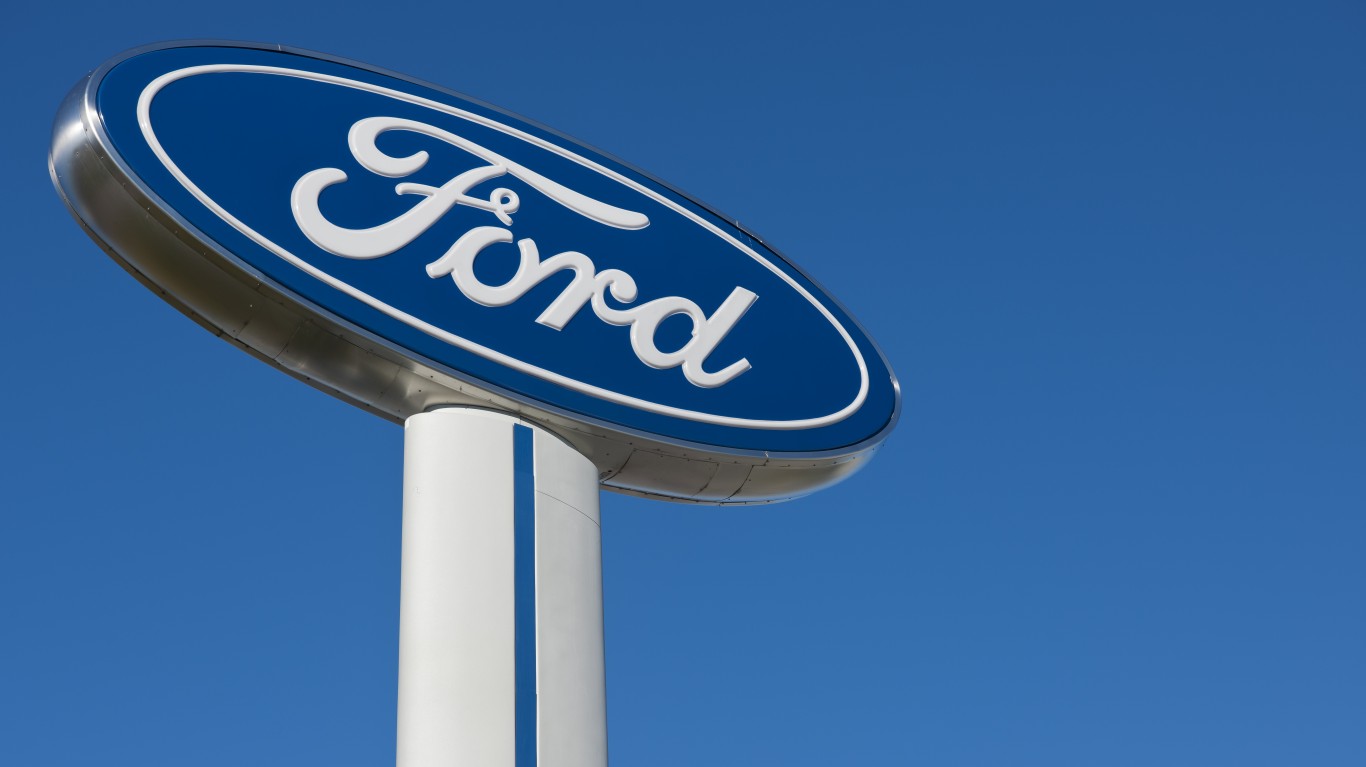 U.S. June car sales should be the best they have been for any month since 2007. That year was just ahead of the sickening drop in volume which accompanied the recession and eventually triggered the bankruptcies of General Motors (NYSE: GM) and Chrysler. The most impressive increase in the June numbers will be the volume of vehicles sold by Toyota (NYSE: TM) and Honda (NYSE: HMC). The Japanese have become competitive in the U.S. market again, which should make it more difficult for domestic car manufacturers to hold the gains they have made over the past two years.
U.S. June car sales should be the best they have been for any month since 2007. That year was just ahead of the sickening drop in volume which accompanied the recession and eventually triggered the bankruptcies of General Motors (NYSE: GM) and Chrysler. The most impressive increase in the June numbers will be the volume of vehicles sold by Toyota (NYSE: TM) and Honda (NYSE: HMC). The Japanese have become competitive in the U.S. market again, which should make it more difficult for domestic car manufacturers to hold the gains they have made over the past two years.
Automotive marketplace site TrueCar expects Honda sales to rise 50.7% for June to 126,427. That would put it ahead of Chrysler, which has been the fastest growing domestic car company for the past year. Honda’s share also is likely to be ahead of upstart Hyundai/Kia, which many analysts believed would partially replace the Japanese as the high-quality, low-priced leader.
Toyota’s sales are expected to rise an extraordinary 67.9% to 186,217, which would put it within striking distance of Ford (NYSE: F).
Even sales of Japan’s also-ran brand, Nissan, are expected to rise 23.7% to 88,956. That growth rate is faster than what is expected from any of the Big Three in June.
The easiest explanation for the return of the Japanese to the U.S. market with such force is that the production facilities in Japan that were damaged by the March 2011 earthquake are back online. But that explanation is too simple. As recent JD Power and other quality satisfaction research show, the Japanese, for the most part, make better vehicles than their American counterparts do. Consumers are affected by the research, and the perception among car owners that produces the survey results.
Japanese car sales will continue to rise because American buyers believe they are the best cars on the market.
Douglas A. McIntyre
Take Charge of Your Retirement: Find the Right Financial Advisor For You in Minutes (Sponsor)
Retirement planning doesn’t have to feel overwhelming. The key is finding professional guidance—and we’ve made it easier than ever for you to connect with the right financial advisor for your unique needs.
Here’s how it works:
1️ Answer a Few Simple Questions
Tell us a bit about your goals and preferences—it only takes a few minutes!
2️ Get Your Top Advisor Matches
This tool matches you with qualified advisors who specialize in helping people like you achieve financial success.
3️ Choose Your Best Fit
Review their profiles, schedule an introductory meeting, and select the advisor who feels right for you.
Why wait? Start building the retirement you’ve always dreamed of. Click here to get started today!
Thank you for reading! Have some feedback for us?
Contact the 24/7 Wall St. editorial team.




